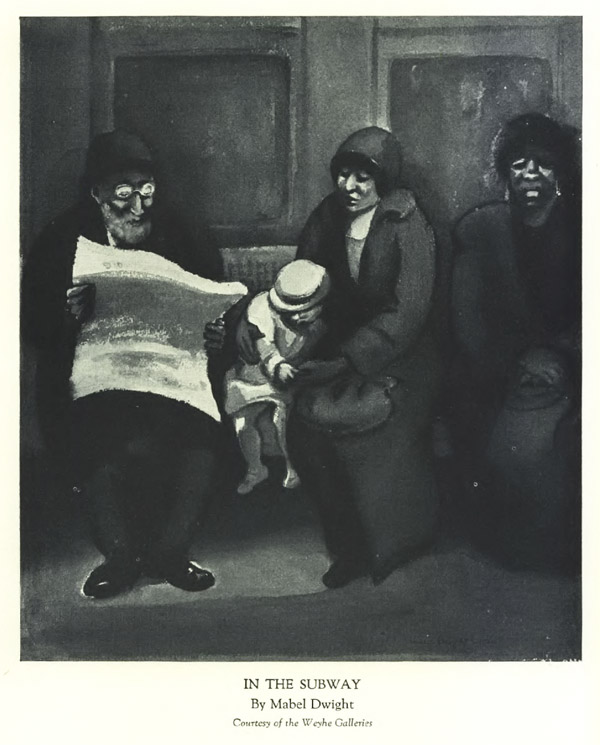
In a much-noted laboratory experiment several years ago, described in the report “Monkeys Reject Unequal Pay,” the primatologists Sarah F. Brosnan and Frans B.M. de Waal trained capuchin monkeys to perform a certain task for which they received cucumber slices. The monkeys performed just fine, until they were permitted to see others being rewarded with grapes, a higher-value payment. Previously acquiescent, many of the cucumber-receivers promptly stopped participating, sometimes even throwing those measly, unfair cucumber payments out of their cage. Aversion of that sort is well established among Homo sapiens as well—even though, at first blush, it appears irrational and, thus, paradigm-busting for economists trained in the Homo economicus model whereby people are considered to be “rational and utility-maximizing” creatures. Behavioral economists call it “inequity aversion”—the tendency to turn down a perfectly good offer if others are getting a better deal. —“Hey, Wait a Minute!” David P. Barash, The Chronicle of Higher Education
Things about the Internet that must sound really funny in German: “netiquette,” “honour code,” “ten golden rules”;
do the objections to “test tube flesh” also “boggle your noodle”?
computer models of the finest low-brow sci-fi fantasies
Under the old requirements, a vet seeking the $2700 per month disability benefits for PTSD would have to show that he or she had been in a “firefight” (the key word) by getting some sort of corroborating documentation — complete with dates and names — that the event had occurred (of course, he/she would also have to show evidence of suffering from symptoms of PTSD as well). This proof might be possible if the vet had actually fought in a large battle, but most potentially traumatic events don’t come with receipts. Therefore, under the old rules, most potentially traumatic stressors during wartime — roadside bombings, handling dead bodies, rockets overhead – were outside the realm of potentially traumatic events. Under the new rules, vets will only have to show that they served in a “war zone” (in any capacity) and have a PTSD diagnosis from a VA psychiatrist. —“New rules for PTSD disability benefits at the Veterans Administration,” Andrew Rassmussen, Andrew Rasmussen’s Blog
You are most likely not famous enough to say “enough is enough!” (listen to those who are)
straight today, gay tomorrow;
puffs or crunchy?
To possess an ecological awareness, wrote the American ecologist Aldo Leopold seventy years ago, is to understand that we live in a world of wounds. The shrimp were on their way toward extinction in the Gulf anyway, due to our channelization of the Mississippi River, the great source of their nutrients. Our flood control of that vast living system is robbing billions of tons of sediment that would otherwise keep building the Louisiana delta and marshes that the shrimp nurseries depend upon, and which serve as a buffer against hurricanes. South Louisiana is sinking fast without this sediment. As this happens, the shrimp populations will blaze out with one final pulse of productivity (toxic productivity now, for as the marshes sink and disintegrate beneath the storms, they will release one last burst of nutrients themselves)—but there is no more capital; the marshes are living on the debt of the past. —“The Hunters,” Rick Bass, Virginia Quarterly Review


